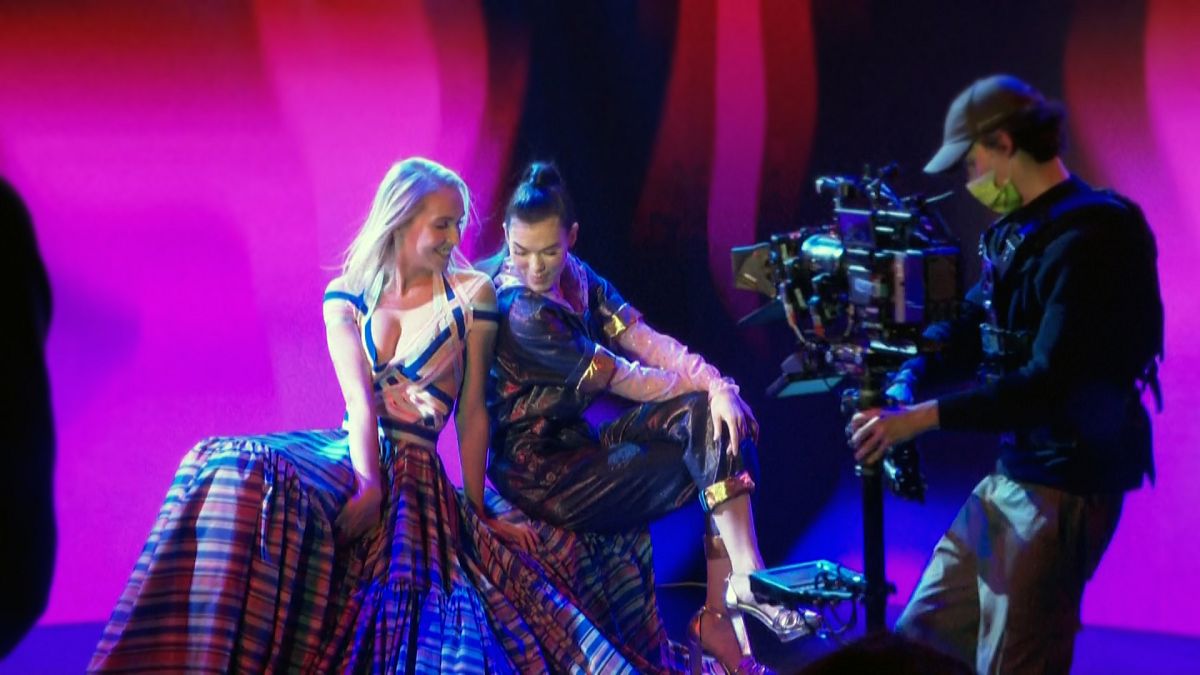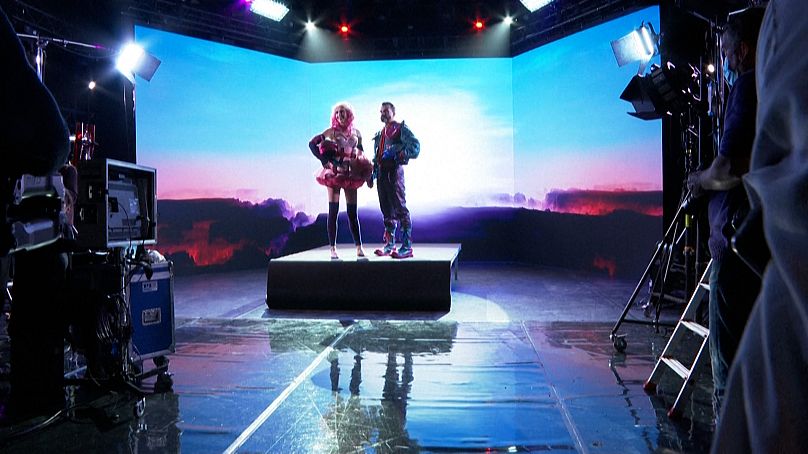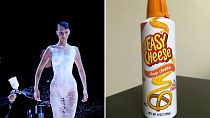The fashion industry is cashing in on the Metaverse, using the platform to reach new markets and promote its wares.
In March this year, the world witnessed the first-ever Metaverse Fashion Week – four days of runway shows and panel discussions hosted in the 3D virtual world Decentraland. Brands that took part included Tommy Hilfiger, Etro and Roberto Cavalli. Anyone online could log in, browse and shop.
In Decentraland, users’ avatars can roam the platform, socialise, play games, and buy and sell assets – from digital real estate to fashion – using cryptocurrency. Scopernia is a Dubai-based company that helps organisations to understand these new platforms and harness their opportunities.
Managing Partner MENA, Jérémy Denisty says: “The metaverses that are of interest today are the metaverses that allow you to own things. So, if you create something, you own it. If you buy a shirt for your avatar, you can resell that shirt. If you have a digital avatar, that avatar is going to wear fashion, so, obviously, fashion brands have an opportunity to provide that.”
Today, big fashion brands are already selling digital fashion in the same way that digital art is being traded in the Metaverse, as NFTs – non-fungible tokens that act as certificates of ownership. Some experts predict that buying the right outfit for your avatar could become as aspirational to the average consumer as picking up new-season pieces from the catwalks of Paris, London and Milan.
This hypothesis is most likely to prove true for Gen Z, millennials and Gen X consumers who, within the next five years, are expected to spend as much as five hours a day in the Metaverse, according to a recent McKinsey management consultancy study. This may leave them little time to dress up and go out.
Metaverse Marketing
For now, fashion labels are mostly raising brand awareness in new markets by working with game developers to create player outfits and skins. Skins can be applied to items to give them a different look, like a wrap for a car in the real world.
Balenciaga teamed up with the video game Fortnite, giving one of the characters a digital Balenciaga-branded hoodie that could also be bought in real life for €725. Meanwhile, the digital Balenciaga items were trading for more than 1000 V-Bucks, Fortnite’s in-game currency, equivalent to around €10. Ralph Lauren created digital snow gear for Roblox’s Winter Escape, and Lacoste hooked up with Minecraft, designing both digital looks for the video game’s characters and an extensive real-life co-branded Minecraft collection of sportswear available to buy online. Lacoste has also sold NFTs to engage consumers on an entirely new level.
“Lacoste did something extremely interesting,” explains Denisty. “They issued a collection of NFTs. You can buy those NFTs and basically own a piece of Lacoste. What you also get access to when you buy that NFT is a discussion group with the Lacoste people on Discord, which is a very famous platform on Web3. Then, with their next collection, they will say, “OK, what do you think about that? Should we change this? So, [users] have an opportunity to co-create this.”
In addition to engaging new markets and driving revenue, new technologies can help reduce some of the costs associated with launching a fashion collection. Web3-compatible software packages allow designers greater freedom to experiment. Designers can create lavish virtual collections without having to invest in materials and test the viability of their creations, from the structure of complicated gowns to the biodegradability of proposed materials.
Replacing physical clothing samples with digital renderings during the design and development phases can also help reduce a brand's carbon footprint. Virtual clothing can be used for modelling, sampling and marketing before designs are ever sent into production.
Evidently, with financial, creative and environmental benefits, the Web3 fashion industry could flourish in the future, but the Metaverse fashion industry makeover may take longer than expected. For now, few consumers would opt for a digital Chanel bag over owning one IRL – in real life.
For more, please visit the Destination Dubai hub on Euronews.com







